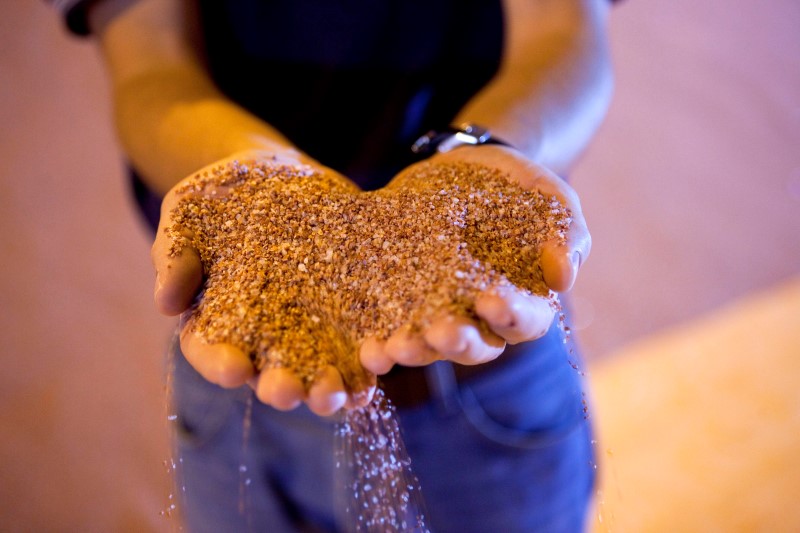* Contract negotiation will start in the second half of July
* Higher import price will make potash expensive for farmers
* Indian demand could fall to 3.5 mln T from 4 mln T- IPL
By Rajendra Jadhav
MUMBAI, July 19 (Reuters) - Improved global demand for potash, a widely used fertilizer, will likely lead to India signing more costly import contracts in 2017 than last year, even as the country's demand is set to drop after the government reduced farmer's subsidies in April.
Potash contracts signed by India, one of the world's top buyers of the crop nutrient, help set the global benchmark along with buying by China, the world's biggest consumer. Their contract prices are closely watched by other regional buyers Malaysia and Indonesia.
The two biggest potash producers, Potash Corp of Saskatchewan POT.TO and Russia's Uralkali URKA.MM , have recently cut output to tighten supply and stem price declines of the nutrient, which helps boost crop quality and yields. Potash Corp said in April that it expects global potash shipments this year to be between 1 million and 3 million tonnes higher than in 2016.
A tighter supply and higher demand balance means India will likely agree to higher a potash contract when the talks begin in the second half of July, said four sources familiar with the negotiations.
"We could agree to a marginal price increase but our efforts will be to keep prices stable at last year's level," said one of the sources, a top Indian negotiator involved in the contract talks, adding that a stronger Indian rupee could offset any actual price rise.
Last week, China agreed to a new potash import contract with Uralkali. The price was set at $230 per tonne, slightly higher than $219 in 2016, according to a source familiar with the deal. last year agreed to an import price of $227 per tonne, the lowest level in a decade. The Indian contract price is typically slightly higher than the Chinese price due to a higher freight differential.
The industry sources caution however, that higher contract prices could dent demand, along with the Indian government's decision to reduce domestic potash subsidies.
India cut the subsidy by 20 percent from a year earlier to 7,437 rupees ($115.61) a tonne for the fiscal year 2017/18. coupled with a rise in import prices, may mean Indian fertilizer makers will raise retail prices for farmers, possibly trimming Indian potash demand to 3.5 million tonnes from some 4 million tonnes a year ago, said P.S. Gahlaut, managing director of Indian Potash Ltd (IPL), the country's top potash importer.
($1=64.325 rupees)
